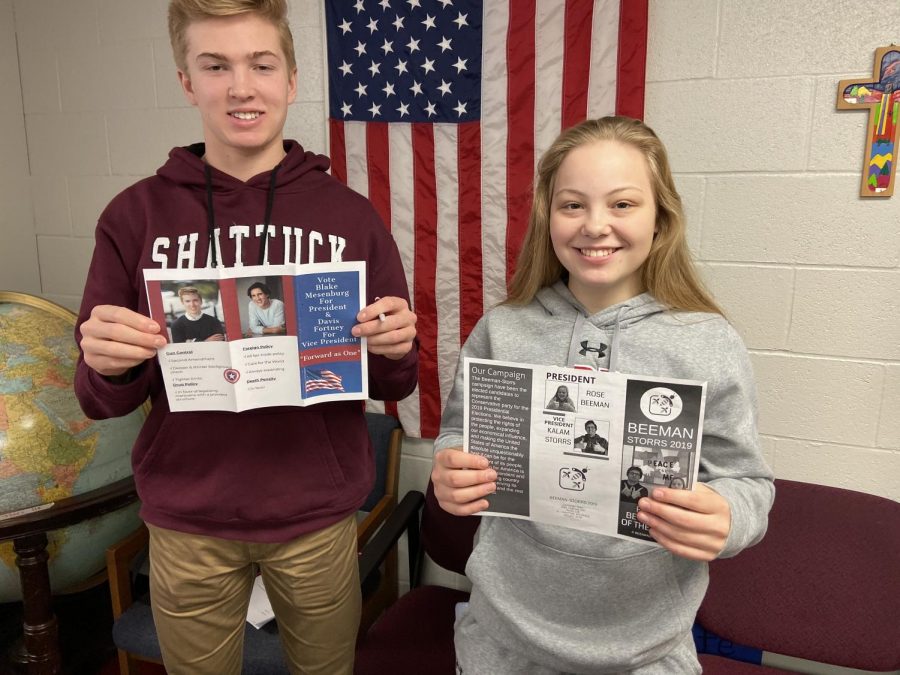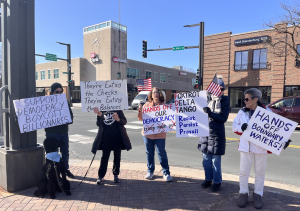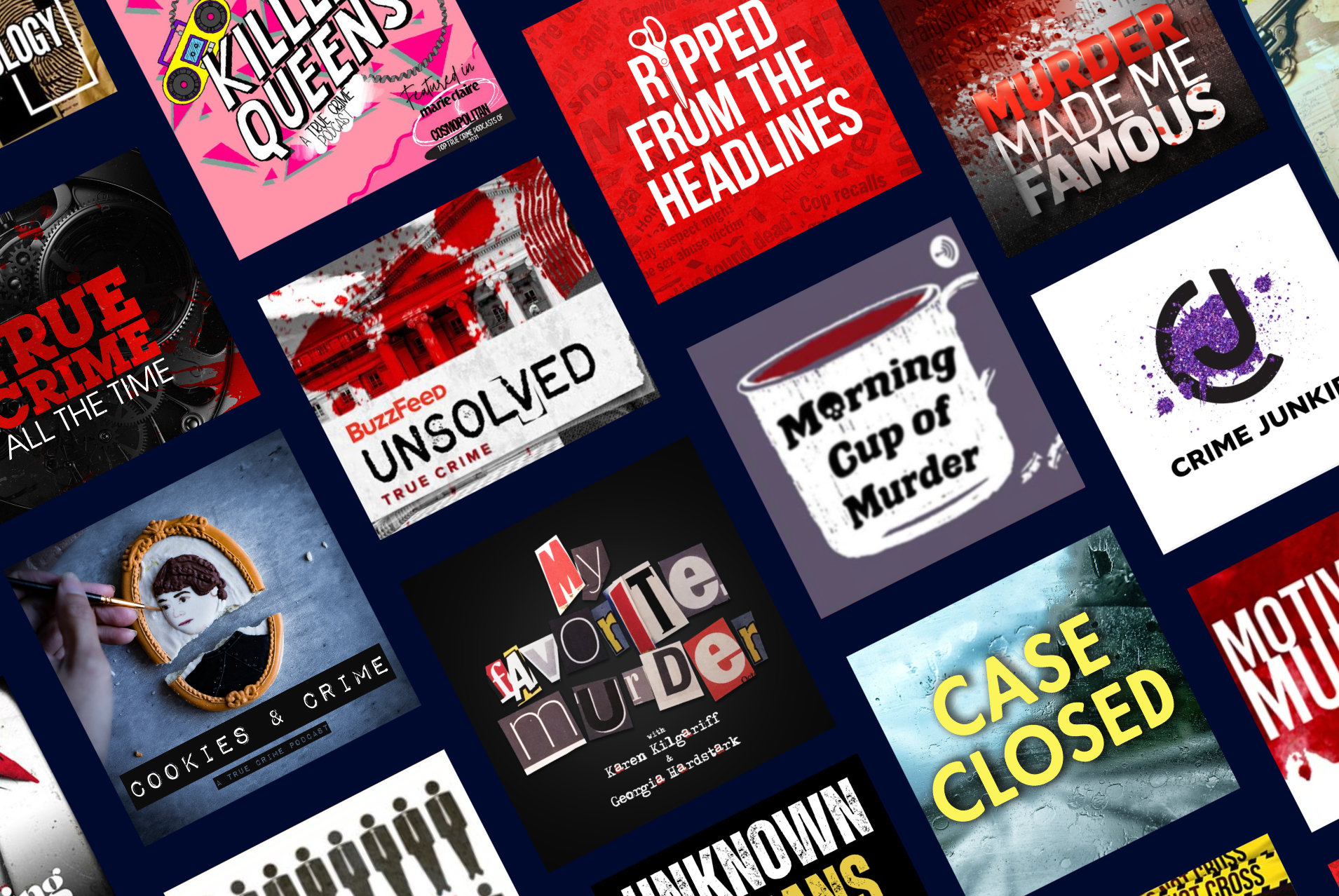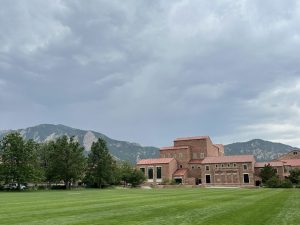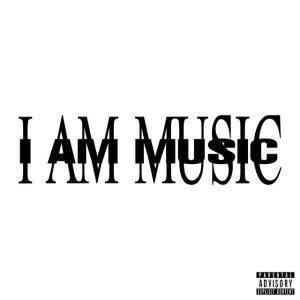Government classes hold mock elections
Liberal presidential candidate Blake Mesenburg faces off against conservative candidate Rose Beeman in their first rally.
November 25, 2019
Each year in Government class, the students participate in a mock presidential election. The students select their role for this project. The roles include Campaign Manager, Issues Director, Image Director, Presidential Candidate, Vice Presidential Candidate, or Citizen Representative. Students are graded 50% on election results, 25% on group evaluation, and 25% on teacher evaluation except for the Citizen Representative position. Citizen Representatives are graded solely on paper requirements and teacher evaluation.
The unit takes place over a three week period. Students participate in two rallies and two meet the press events. Each political party chooses its candidates and then takes a position on four important issues in each phase. For the first phase, the issues include gun control, the death penalty, marijuana/drug policy, and foreign policy. This phase is used as a practice round, to get the feel on how each rally and meet the press works. Citizen Representatives give feedback for both parties on what to improve on for the next phase. The second phase is where it really counts. The issues include war on terror, civil rights, economy, and healthcare. After phase two, the winner is elected based on votes from the Citizen Representatives.
Keith Jones, the Government teacher for the presidential election, has plenty of experience instructing this unit. “I have been doing it [this unit] the whole time I have been at BSM, so for sixteen years,” Jones said.
Over the years, this unit has been modified. It encourages kids to be involved and participate. “A colleague of mine at my former school, we worked on creating this, and just every year we tweak it a little bit. It used to be three phases, now we are at two phases, and it is just something that is hands-on and kids have to create and work together and innovate,” Jones said.
This unit allows students to delegate responsibilities based on individual strengths. “It gives kids a chance to understand what goes into a political campaign, to understand the whole election process. It gives kids a chance if some are good at graphic design; some kids are good at writing, and some kids are good at public speaking, so there is a little area for everybody,” Jones said.
Sydney Wilharm, a senior who currently is participating in the presidential election as campaign manager, enjoys this unit because she is able to get out of her seat and be more involved. “I like this unit because it’s more interactive. and we get to move around. It’s way better than the other units because I get bored just getting talked to and watching videos,” senior Sydney Wilharm said.


























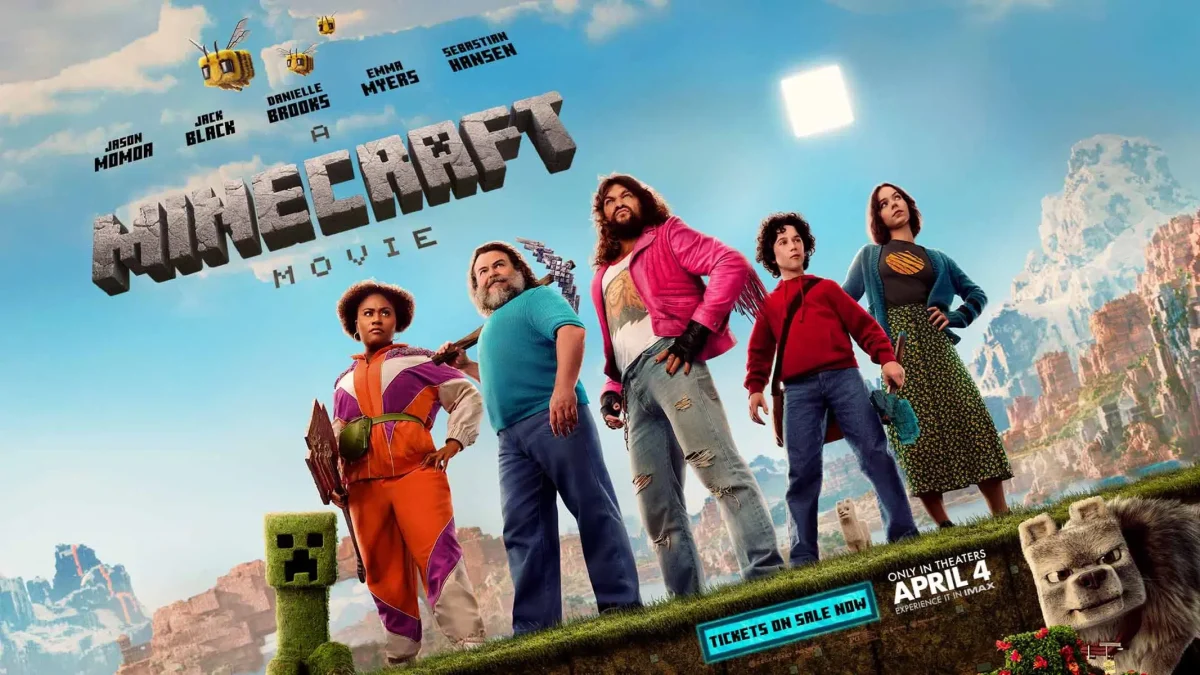









![Teacher Lore: Mr. Hillman [Podcast]](https://bsmknighterrant.org/wp-content/uploads/2025/03/teacherlorelogo-1200x685.png)




